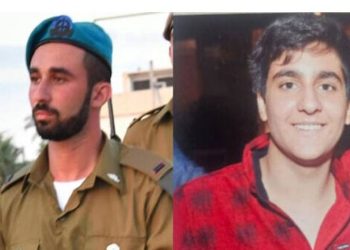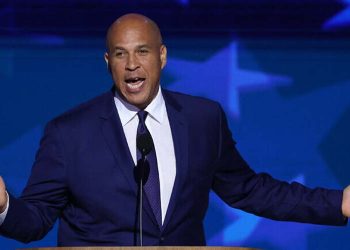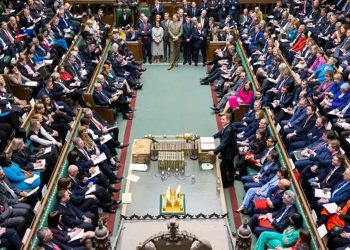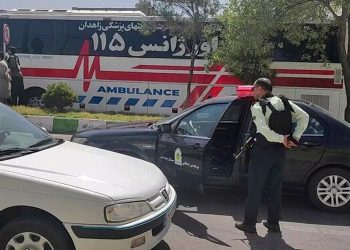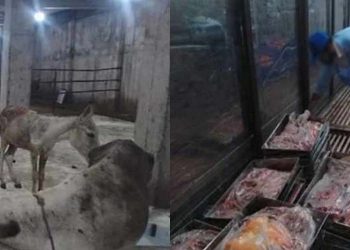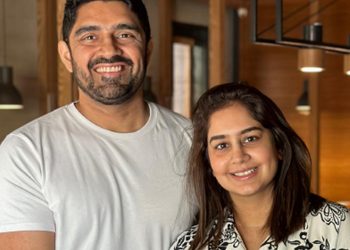ANKARA: A Turkish court has imposed life terms on five suspects over the 2016 murder of Russian ambassador Andrei Karlov in Ankara.
The suspects were accused of links to the 22-year-old gunman, Mevlut Mert Altintas, who was killed by Turkish special forces shortly after he assassinated Karlov at a photo exhibition in the Turkish capital.
Six other suspects were acquitted while seven were convicted of membership of an armed terrorist group, local media reported, without giving details. Turkey blamed the movement led by Fethullah Gulen, a US-based Islamic preacher seen as an arch-foe of President Recep Tayyip Erdogan, for the murder.
Ankara also accuses Gulen of orchestrating a failed coup to topple Erdogan and refers to the movement as the Fetullah Terrorist Organisation (FETO). The movement denies the claims, and insists it promotes peace and education.
Former intelligence agent Vehbi Kursad Akalin was given an aggravated life sentence after he “leaked information on Karlov to the movement.” An aggravated life sentence has tougher terms of detention and replaced the death penalty after it was abolished in 2004.
The suspect accused of giving the order to Altintas to assassinate Karlov, Salih Yilmaz, was given two aggravated life sentences. Another suspect, Sahin Sogut, was handed down the same convictions for acting as Altintas’ “mentor” within the Gulen movement.
The gunman shouted “Allahu akbar” (God is greatest) and “Don’t forget Aleppo”, in reference to the Syrian city President Bashar al-Assad’s forces obliterated with Russian backing.
Erdogan at the time called Karlov’s murder a “provocation especially aimed at disrupting the normalisation process of Turkey-Russia relations”. Ties between Ankara and Moscow were on the mend after Turkey shot down a Russian plane in November 2015. Russia slapped Turkey with a series of sanctions as a result.
Erdogan apologised in 2016 for the incident, and now Erdogan and Russian President Vladimir Putin enjoy a close relationship, even if they are wary of each other.
A total of 28 suspects were on trial including Gulen after the case began in 2019. His case and that of eight other fugitives were separated from the main trial
Tens of thousands of people have been arrested over alleged Gulen links since 2016, while many more public sector workers have been sacked or suspended over such claims.









